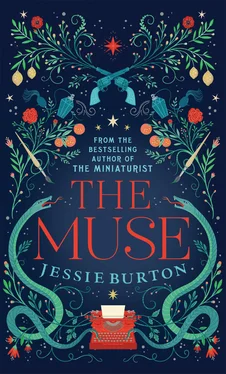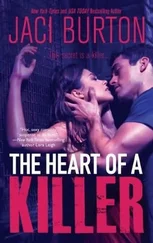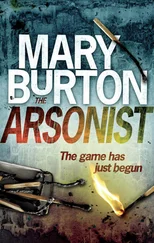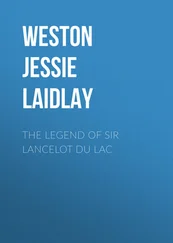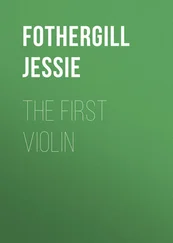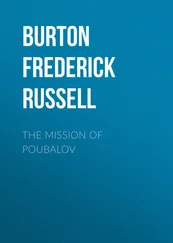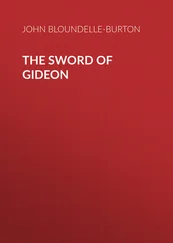He picked up on her hesitation. ‘I promise, it’s quite all right.’
Teresa turned back to watch the horizon. She pictured Olive’s Rufina , the girl and her severed head and her lion, buried deep in the ship. A girl has died , she thought, because I tried to save her . She looked down at the water, remembering the promise she had whispered to Olive’s body. ‘Whitehall,’ she repeated to the man. ‘Best on a Monday.’
He smiled again. ‘Excellent. I hope to see you there.’
Teresa heard his footsteps receding. She ran her fingers over the card. It was cream-coloured, and it had weight to it, a touch of authority. She flipped it over. There was nothing on it but a name: Edmund Reede . She repeated the strange words under her breath, before slipping the offering into her satchel. While she could not envisage what this Whitehall was, nor what Mr Edmund Reede might do for her, she knew that there was nothing left behind that would make her turn back.
The other passengers had retired. It was very cold by now. The last of the sun began to disappear, but Teresa stayed on deck. Even when she could no longer feel her limbs, even after the night had claimed the horizon, Teresa waited. She watched the blackness, watched the stars, as the destroyer carved its passage to England’s shores.
I recognized Quick’s lawyer immediately. He was the thin man in the suit I’d seen at the gallery on the opening night of ‘The Swallowed Century’, staring closely at Rufina and the Lion . He was called Frederick Parr, and without much ado, he welcomed me into his office and handed me a thick folder, tied at the side with a red ribbon. My hand shook slightly; the breath was tight in my throat. I wanted to ask him how he’d come to be in the gallery that night — whether it was Quick who had invited him, and why, but I was too intimidated, and the weight of the folder in my hands seemed to keep my mouth closed.
‘It was Miss Quick’s request that no one read that but you,’ Parr said.
‘Thank you.’ I fumbled the folder into my bag and began to exit the office, relieved that our transaction was over.
‘That’s not the only reason you’re here,’ he went on. ‘Please, come and sit down, Miss Bastien.’
I obliged, walking across his dark-green carpet, lowering myself into the large wooden chair in front of his desk. Parr stalked round this wide piece of furniture before settling himself opposite me. The air between us thickened. I saw why Quick might have employed him for such disbursements, for he remained unmoved by my obvious nerves. Parr suited her purposes entirely. He was a sphinx; his job to execute her wishes and nothing else. He looked down at the document on his desk. ‘Miss Bastien,’ he said, pressing his spindly fingers together to make a temple. ‘Marjorie named you in her will.’
I heard these words, and although I understood them, I could not grasp their implication. ‘I’m sorry?’
Parr blinked, impassive as a lizard. Outside, below us, the city traffic honked and beeped. ‘She had a cottage, in Wimbledon,’ he said.
‘Yes.’
‘She bequeathed it to you. In perpetuity.’
I must, at some point, have left the offices in Bread Street and walked back to St Paul’s Tube station. I imagine the walk was slow, that my heart felt odd. Quick had left me her cottage. I had signed some papers. It was overwhelming. When, when had she made such a decision? And why me? It was an inheritance the like of which I would never have imagined.
I must have clutched her folder tight. At least here was a solid thing — a gesture embodied in paper that I might better understand. Perhaps the answers to all my questions were in here. I was probably terrified that I might be mugged, and I must have sat on the train all the way to Clapham Common, refusing to open it in public. It burned my lap, but I needed to be alone, in quiet, when I finally read it.
I managed to get off at my stop, and was barely up the stairs and through the flat door before I tore the ribbon and began to read. Dear Odelle, This is a long story , it began, and I sat up till midnight reading it. I forgot to eat, my neck was stiff, but I didn’t care. Here was everything Quick had ever wanted me to know, but couldn’t find the words to tell me to my face. People, places, evenings spent under the vast Andalusian skies. Her story was bigger and brighter than anything my own imagination would have pictured. And as I finished it, my eyes red and shrunken with tiredness, my head pounding, I realized something else. Here, also, was everything that Olive Schloss had never wanted the world to know.
This folder was the evidence of Quick’s perpetual, honourable silence over Rufina and the Lion , which conflicted with her anxiety to pass on the story of Olive Schloss before it was too late. For most of the time I knew Quick, she had been in crisis. Her centre could no longer hold. It must have been an astounding trigger to see that photograph of Olive and her brother, and the painting of Rufina , all those years later, to understand better than anyone what it represented — and to watch it be commodified, remoulded, attributed to Isaac, yet again.
As Teresa Robles, she knew Olive had wanted to remain anonymous. As Quick, she felt the injustice in that. Nothing had been resolved between these two selves. This pressure, and the memory of what happened in those last days in Spain, coupled with the powerful pain relief she was on, no doubt exacerbated Quick’s hallucinatory states and her general inability to put it all to rest. What she left for me to read in the folder explained why her behaviour had wheeled between solicitous and elusive. Teresa had cracked open; the reappearance of the painting had proved too much.
I still do not know if her death was accidental. Most of the time, I believe that it was not. She realized she would never find the words to speak the trauma of Olive’s last days. And one might argue, that in the face of such aggressive cancer she saw that she could at least control her end, leaving the folder for me to find through her lawyer. I think often of Teresa’s notebook of English; discarded by Jorge, discovered again by Olive, and then, in that folder, by me. It seems that she — like myself — always found the written word an easier means through which to understand the world.
She left no specific instructions with Parr as to what I was supposed to do with this folder. So for years, I did nothing. In fact, until now, I never told anyone what I read, that cold November night under my bedsheets. I didn’t even speak to Reede about it, although I wish I had.
In the folder, Quick didn’t detail exactly what happened when she arrived in England, but she must have taken up Reede’s offer to meet him in Whitehall. I imagine that with her languages, and Reede’s connections in the Foreign Office, she would have been useful to Britain as the world groaned its way to war. There were quite a few Nazis in Spain by the early ’40s. And in its way, I’m sure that Britain — and Reede — was useful to her too. Gratitude comes in strange shapes. A beautiful cottage on Wimbledon Common, for example.
I became as good as Teresa at keeping people’s secrets. I never told Lawrie that Quick was possibly his aunt, an aunt he’d met several times without realizing their true connection. I didn’t want to set something in motion that I could never conclusively prove, I suppose, and besides, Quick was dead. It might have made it worse for him, knowing there had been family left behind, but everything being too late. In the folder Quick mentioned Sarah’s affair with Isaac, but not a pregnancy. I knew Sarah Schloss was Lawrie’s mother, that she was pregnant when she came back to England, because Lawrie told me that himself. But it is arguable — given the time frame — that Teresa, and therefore Quick, had not known that Sarah was pregnant when she was having her affair with Isaac. Quick would not necessarily have made the connection between Lawrie and her brother.
Читать дальше
